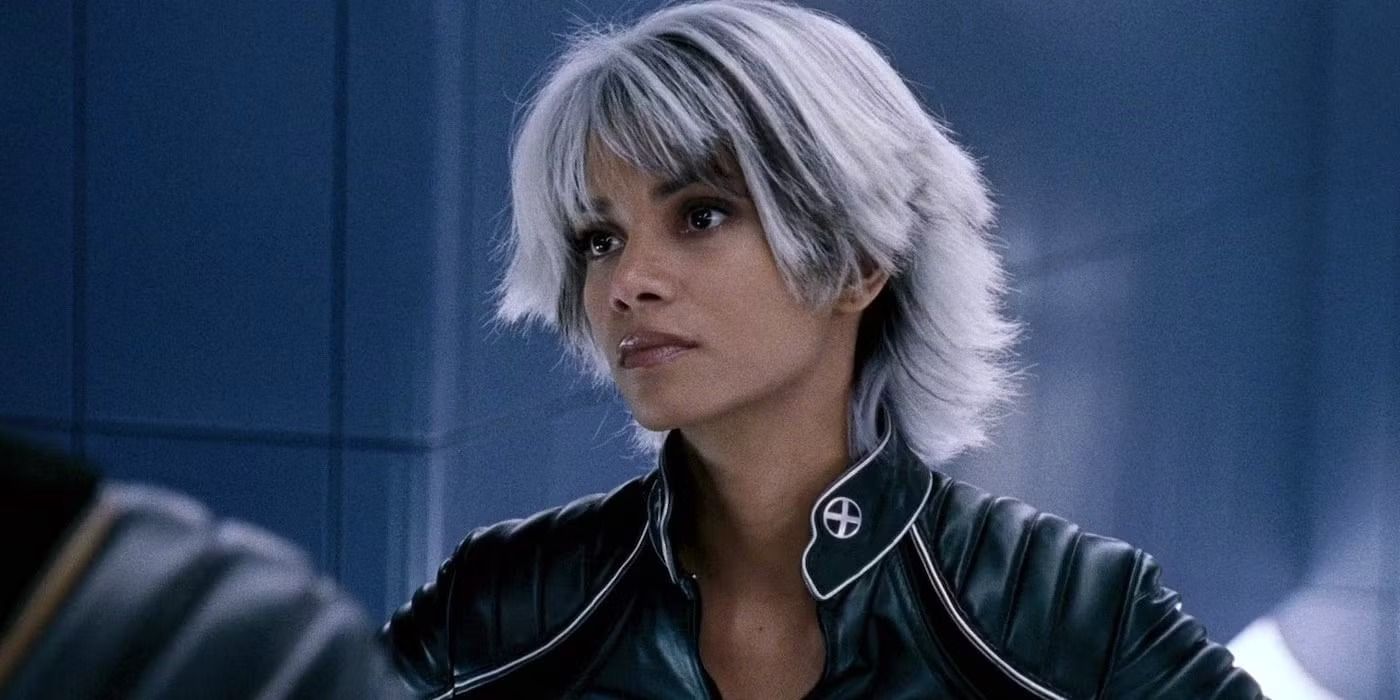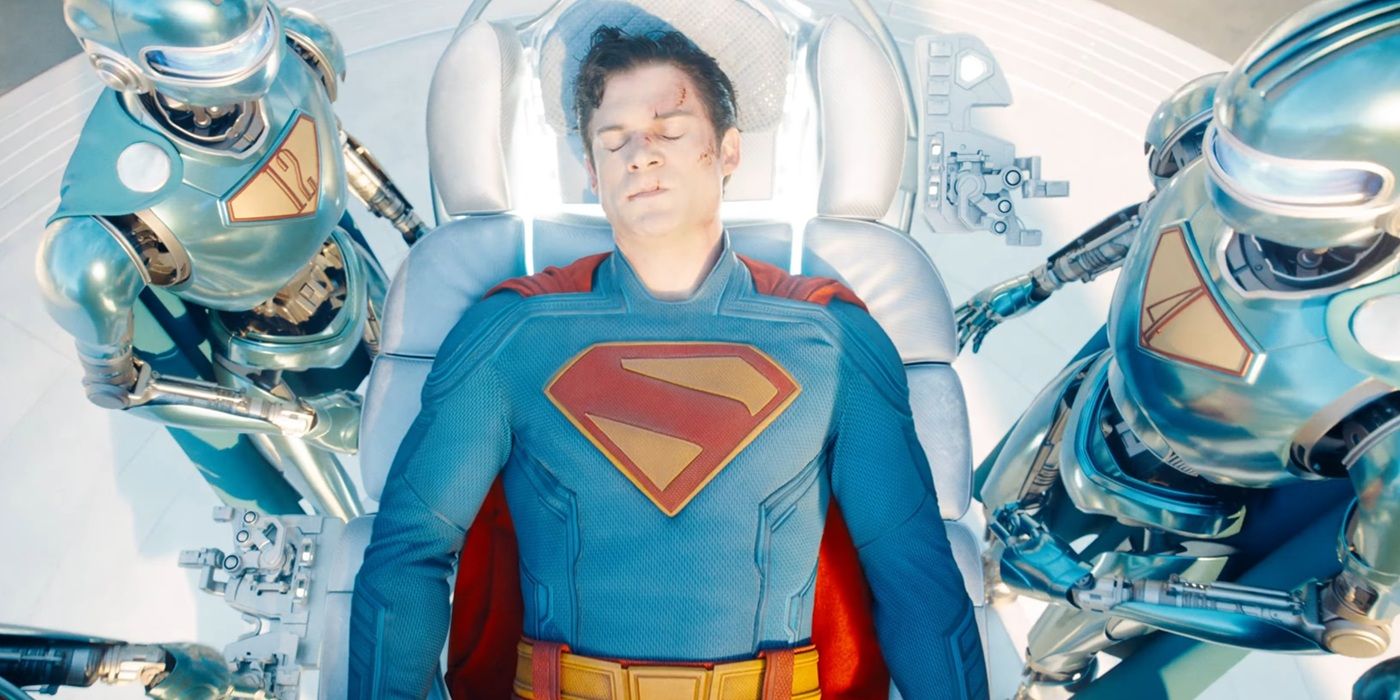Wahlberg often seems like he’s pandering these days, and he often comes across as pandering here, however sincere his intentions with this particular project. Since the mid-aughts, he’s played so many soft-spoken, simple-but-strong men, often clad in either military uniforms or jean jackets and ball caps, that he’s turned into a human Budweiser commercial. The filmmakers seem to want “Joe Bell” to reach the kinds of guys who’d happily pay to watch Wahlberg punch and shoot people for Uncle Sam, apple pie, and fireworks, but would never consider sitting still for a poker-faced melodrama about a man who feels such remorse over his failure to stand up for his son when he was still alive that he’s turned himself into a modern Christ figure, pushing his sins in a wheelbarrow and telling everyone he meets that they need to be nicer to people.
Ossana and McMurtry are well-aware of the traps built into this kind of project, and have been sure to include a few lines that raise an eyebrow at Joe’s mission. Joe is clearly not a great communicator: he talks at people rather than to them, and avoids specifics that might explain why he’s there, and the reaction shots of people in his audiences make people seem like they’re listening out of respect for a man who has suffered, not because they want to understand his suffering. The difficulty of connection is the movie’s most rewarding theme. Early in the story, after Joe places a tolerance pamphlet on the table of a couple of homophobic bullies at a truck stop rather than confront them, his son points out the central irony of Joe’s situation: guys like the ones in the diner are much more in need of hearing his message than the the people who actually turn out to listen to it, and that there’s no easy way to reach them, much less get them to open their ears and minds.
Such is the conundrum of all social message movies, stretching through “Gentleman’s Agreement” (anti-Semitism), “Guess Who’s Coming to Dinner” (racism), “Philadelphia” (homophobia) and beyond. It’s naïve to think that “Joe Bell” can escape it, although the straightforward characterizations, loving visual attention to rural landscapes, and mix of liberal and conservative signifiers has a Clint Eastwood-like hypnotic effect, drawing you into the fiction, and forcing the admission that most people are confounding and oblivious, and contradict themselves. It’s easy to imagine characters from Eastwood’s heartland melodramas mingling with the Bell family.
You can view the original article HERE.





























